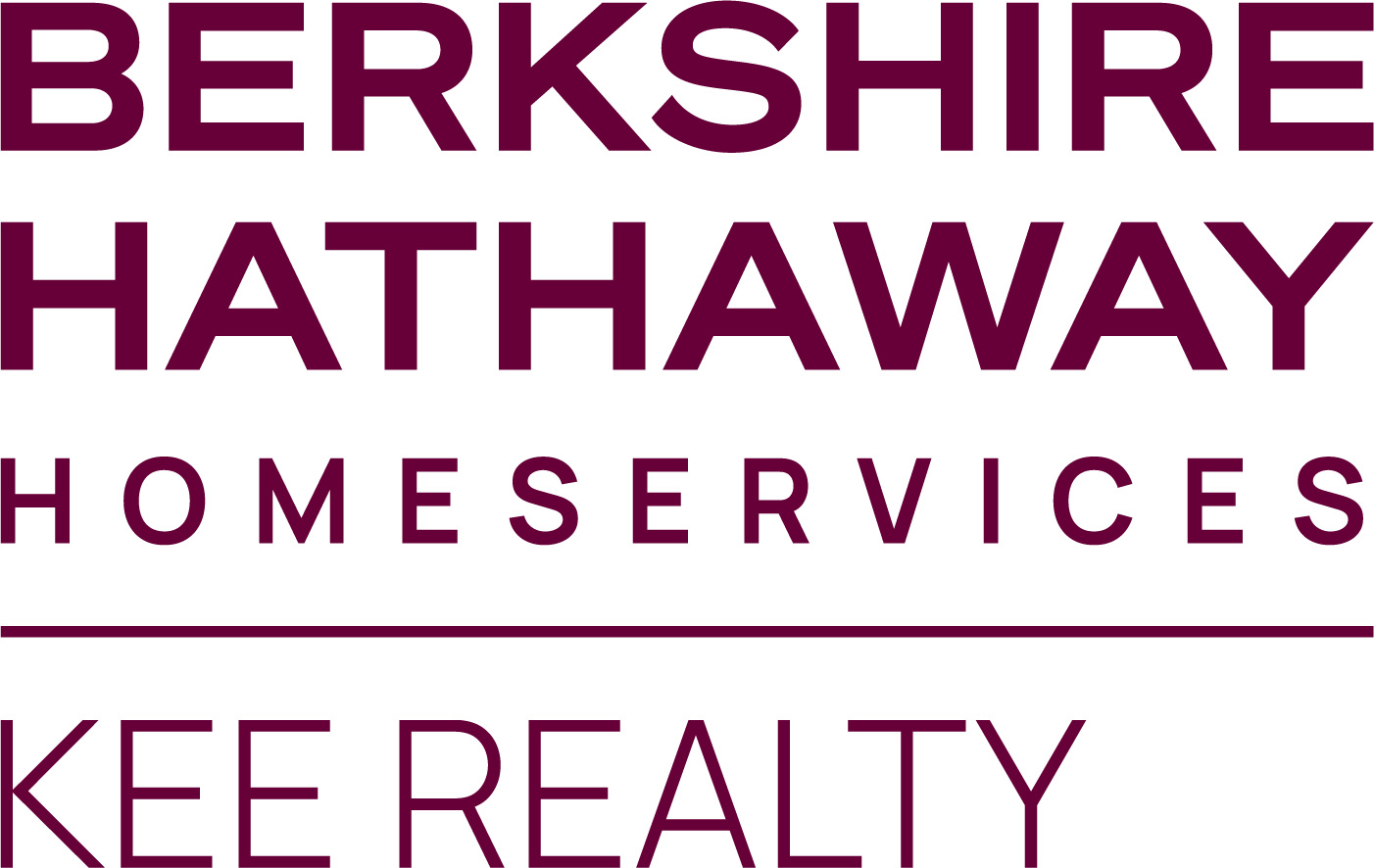
How to Avoid Falling Prey to a Foreclosure Relief Scam
Facing the prospect of foreclosure can be terrifying. Programs are available to assist borrowers in difficult circumstances, but some people prey on homeowners who are afraid and desperate. Here are some tips to help you avoid becoming a victim.
Beware of False Claims
Sometimes scammers find out the names of homeowners and their mortgage lenders and call or send letters claiming to be from the lender. In other cases, they claim to represent the lender without naming it, or say they work for a government-approved agency. Fraudsters might offer to buy your home for cash at a price well below market value. Don’t provide any financial information to someone who contacts you if you didn’t reach out to the company or agency on your own first.
A company other than your lender can’t pre-approve a mortgage modification or guarantee that you’ll be approved if you fill out an application. Only your lender can decide whether to modify your loan. Paying an outside company won’t increase your chance of being approved for a mortgage modification.
Don’t Be Pressured Into Making Payments or Signing Documents
It’s illegal for a company to demand payment up front for a mortgage modification. Don’t pay, even if the company offers a money-back guarantee.
Fraudsters often tell homeowners to pay them a fee and promise that they’ll handle everything. They tell homeowners not to have any further contact with their lender or instruct them to send mortgage payments to a different address. Don’t fall for it.
Avoid any company or representative who pressures you to sign documents that you haven’t had a chance to review or don’t understand. Don’t sign a document unless you’ve had it reviewed by your own attorney and you understand the reason for it and the ramifications.
Some scammers tell homeowners they need to sign over the deed to their home but claim that the transfer is only temporary. Don’t sign over your deed to anyone unless your mortgage lender has agreed to forgive your balance and you’re working with the lender directly.
The Right Way to Avoid Foreclosure
The foreclosure process is long and expensive for mortgage lenders and is filled with all sorts of potential problems. Your lender would rather work with you to modify your loan and keep you in your home than proceed with foreclosure. If you’ve fallen on hard times, contact your lender to explain your circumstances and discuss your options.
Mortgage assistance programs are available for homeowners who are struggling, and you can apply for free on your own. You can also get help from a housing counseling agency approved by the U.S. Department of Housing and Urban Development.
This article is intended for informational purposes only and should not be construed as professional or legal advice.

